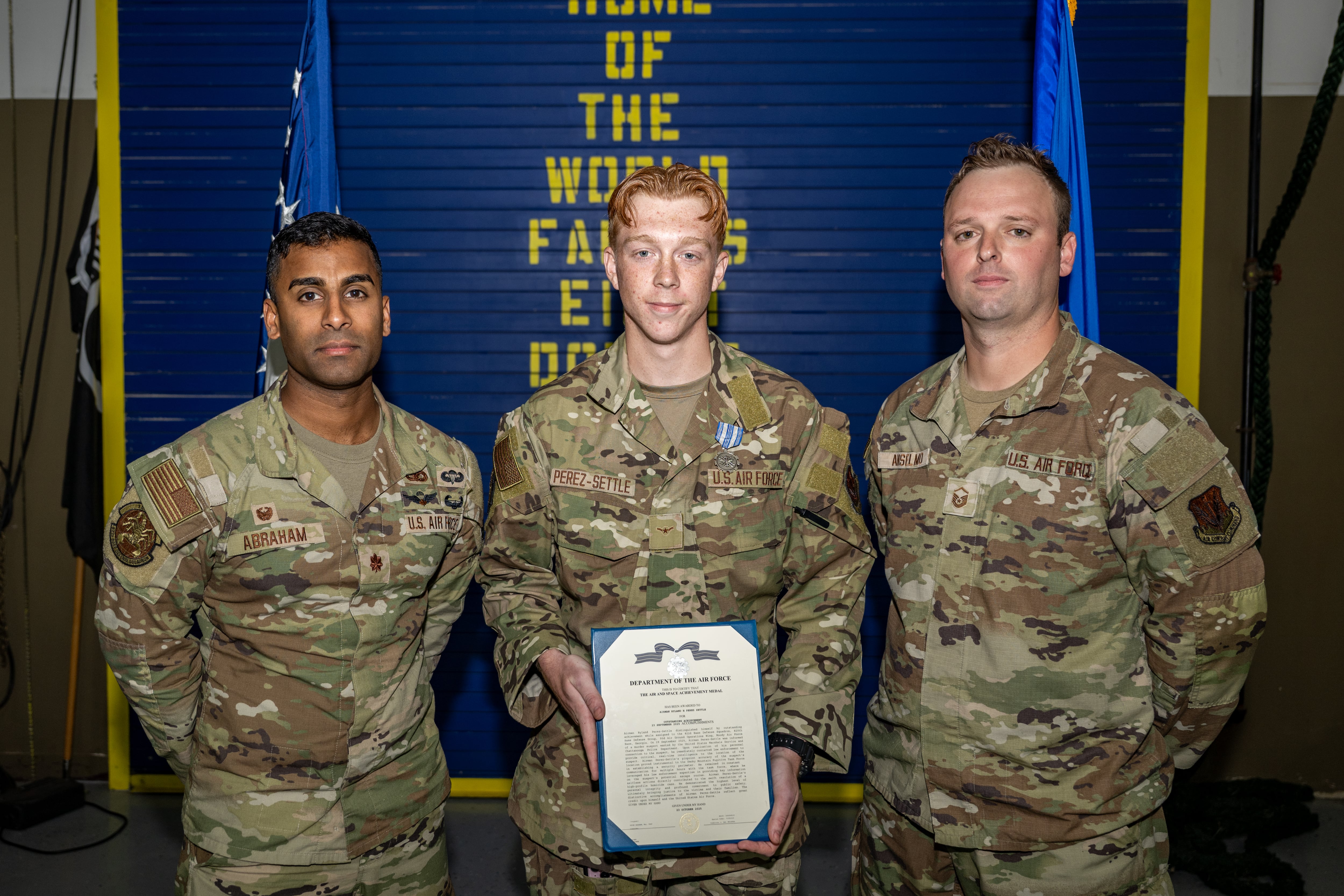Reports of hazing in the Marine Corps have decreased 63% in recent years ― a promising sign for the branch that historically has appeared to have the largest hazing problem in the military.
The Marine Corps saw 94 cases of alleged hazing in fiscal year 2022, following a steady decrease from 256 in fiscal year 2018, according to internal reports on hazing obtained by Marine Corps Times via a public records request.
The Corps has substantiated slightly more than half of these cases in recent years, according to the data.
The Department of the Navy, which includes the Marine Corps, defines hazing as when a service member “without proper authority causes another military member or members, regardless of service or rank, to suffer or be exposed to any activity which is cruel, abusive, humiliating, oppressive, demeaning, or harmful.”
Nearly nine out of ten military hazing cases in fiscal year 2018 came from the Marine Corps, Military.com reported in 2021, even though it’s the smallest branch other than the Space Force.
That may be because the Marine Corps tracks hazing numbers better than other services, Rep. Judy Chu, D-California, told the outlet at the time.
The issue of military hazing is personal for Chu, as she recounted in an interview with Marine Corps Times on Tuesday.
In 2011, her nephew, Marine Lance Cpl. Harry Lew, died by suicide minutes after fellow Marines allegedly hazed him in Afghanistan. Chu said she believes it was hazing that drove Lew, a jokester who loved breakdancing, to despair.
Chu has since led efforts to pass legislation requiring the services to report on anti-hazing policies and track the issue more closely.
“We need to know what the problem is, where the problem is, so that we can address it and so that we can pressure the military to address it,” she said.
Of all the branches, she said, the Marine Corps has been especially proactive in monitoring and combating hazing.
The data the services keep likely undercount the actual rate of hazing, Chu said, because not every victim of hazing may feel comfortable stepping forward.
“We have to keep on applying pressure to the military, because these are our sons and daughters and brothers and sisters,” she said. “These are our family members that are sacrificing themselves for this country. And we need to make sure that they are kept safe and not harmed by their own fellow service members.”
On top of pressure from Congress, the Marine Corps also has faced significant media scrutiny for hazing incidents.
In 2016, Pvt. Raheel Siddiqui, 20, died after falling 40 feet from a barracks stairwell at boot camp in South Carolina in an apparent suicide, a military investigation found. The investigation found that his drill instructor, Gunnery Sgt. Joseph Felix, had hazed recruits and had in particular targeted Siddiqui and other Muslim recruits.
Members of Congress and even then-President Barack Obama decried the reports of hazing at the boot camp, Marine Corps Recruit Depot Parris Island, South Carolina.
Other hazing incidents at boot camp, including one that reportedly led a recruit to need a skin graft, also have made national news.
And the Marine Corps has taken action, according to spokesman Maj. Jordan Cochran.
“Hazing has no place in a disciplined and professional military force and is not tolerated in any form in the Marine Corps,” he said in a statement to Marine Corps Times.
In recent years, the Corps has beefed up anti-hazing training, tailored to different ranks, that emphasizes prevention, he said.
Cochran also suggested that hazing may decrease as the Marine Corps becomes a slightly older force.
As part of the Talent Management 2030 initiative, Marine leaders are looking to retain more mature Marines instead of constantly churning so many young, first-term Marines in and out of the service.
“Statistically speaking, our youngest Marines are responsible for a disproportionate share of misconduct across the force,” Cochran said. “A slightly older force will have better cognitive function and make better decisions in aggregate.”
From fiscal years 2019 to 2022, upward of 85% of Marines who faced substantiated allegations of hazing were between the ages of 18 and 25, according to the data in the report. More than half were either corporals or sergeants.
Marines can report hazing or other prohibited conduct through a variety of avenues: the chain of command, a commanding officer via a request mast application, an equal opportunity advisor, an EOA advice line, the inspector general hotline or Naval Criminal Investigative Service tip lines, according to Cochran.
Irene Loewenson is a staff reporter for Marine Corps Times. She joined Military Times as an editorial fellow in August 2022. She is a graduate of Williams College, where she was the editor-in-chief of the student newspaper.










